
Over the last couple of years the world has started to change in an ever increasing speed. Even for the curious observers, it has begun to be ever more difficult to keep up with the dazzling pace of change. One significant example of such development is the active participation of Hungary in the Cooperation Council of Turkic-speaking States (known as the Turkic Council founded by Azerbaijan, Kazakhstan, Kyrgyzstan, and Turkey) as an observer.
In the website of the Hungarian Government, it was stated in the announcement on 3 September 2018 that the Prime Minister Viktor Orban participated in the 6th Summit Meeting of the said Council held in Cholpon-Ata in Kyrgyzstan.[1] The announcement bears the title of “Hungary is ready for the opening of a new chapter in Hungarian-Turkic cooperation”. It was mentioned in the announcement that the Prime Minister, in his speech at the Summit, said that Hungarians see themselves as the late descendants of Attila the Hun, stand on the basis of Hun-Turkic origin, and that their language is related to Turkic languages. It was mentioned in the announcement that Victor Orban has expressed that “Hungary has always closely followed the cooperation between countries of Turkic identity, who – even in the modern world – preserve their languages, cultures and traditions, and respect and cultivate their Turkic roots.”[2]
It is remarkable to see in the same announcement the following sentences:
“The Prime Minister stated, when it was intended as an insult to say that Hungary is Europe’s most westerly Eastern people; now, however, the fantastic achievements of the Turkic countries and their economic and political development means that calling Hungarians an Eastern people is a form of praise. He noted that the old world order – with its dogma that capital and knowledge flow from West to East in search of cheap labor – has come to an end. Mr. Orbán pointed out that the new world order is fundamentally determined by the development of the rising states of the East.”
Victor Orban explained in his speech that the current Hungarian government, having assumed office in 2010, has been open to mutually respectful cooperation with Turkic countries, taking into account their specificities and respective realities. In this respect, Hungary has had observer status at the General Assembly of Turkic-speaking States since 2014. In 2017, it submitted an application for accession to the International Turkic Academy and is seeking even closer cooperation with the Cooperation Council of Turkic-speaking States.
Concordantly, the Hungarian Minister of Foreign Affairs Péter Szijjártó, after taking part in a foreign ministerial meeting of the Cooperation Council of Turkic-Speaking States in Bishkek on 2 September 2018, said that Hungary has been granted observer status in the International Turkic Academy.[3] Furthermore. according to the press release of the Sixth Summit of the Turkic Council, “Presidents welcomed the intention of Hungary to work closely with the Turkic cooperation organizations and signed the Decision on Granting Hungary the observer status at the Turkic Council.”[4]
The Sixth Summit of the Turkic Council is important on two counts. Firstly, in the currently fast changing strategic environment, all of its members seemed to be eager to attend the meeting. It should be kept in mind that, whether they are members or they have observer status, each of them have their strategic commitments. Turkey is a member of the North Atlantic Treaty Organization (NATO) and a European Union (EU) candidate country. Azerbaijan is a key country of the geopolitically very important region of South Caucasus. Kazakhstan is not only has a central role in the Central Asia, but also is playing a pioneer role in contributing to the regional and Eurasian stability. The Conference on Interaction and Confidence Building Measures in Asia (CICA), which currently has 26 members and 9 observers, was proposed and founded by Nursultan Nazarbayev, the President of Kazakhstan. The host of the 6th Summit, Kyrgyzstan, is also a major Turkic country of Central Asia. Uzbekistan, one of the most populous Turkic states, participated in the Summit as a guest. Uzbekistan is a member of the Commonwealth of Independent States (CIS) and Commonwealth of Intendent States Free Trade Area (CISFTA). President Shavkat Mirziyoev reportedly said in the Summit that Uzbekistan is eager to join the Council of Cooperation of the Turkic-Speaking Countries.[5]
It is important that these countries came together in a Eurasian organization that promotes cooperation based not on exclusionary concepts such as race and religion. Rather, it is based on language which brings them together. In fact, the inclusion of Hungary extends this cooperation framework beyond language to kinship.
Secondly, the Turkic Council meeting has been interpreted by Hungary as a gateway for possibly a new Eurasian foreign policy. Other EU countries had already started their separate Asian foreign policies. Emmanuel Macron, the President of France, laid the foundations of such a foreign policy initiative back in January with his Asian country visits. Angele Merkel, Chancellor of Germany, took this a step further by beganning to enhance her relations with Asian countries, starting with China. She also recently concluded a Caucasus tour.
In such an environment, Victor Orban, the unconventional politician of Europe, started his Eurasia initiative from Central Asia. In a smart manner, he used the Turkic Council meeting to start his initiative of “Opening to East Policy”. He is also sagaciously promoting the bonds of kinship. However, economic matters have not been forgotten. This is apparent in the 65 million dollars credit he opened to develop business relations between Kyrgyz and Hungarian business communities. Furthermore, the delegation accompanying him has signed an agreement on tourism between Kyrgyzstan and Hungary. This is a step that will allow Hungary to set a precedent for EU for opening up to Central Asia.
* If you wish to better see the details of the coin, please open the picture in a new tab in your internet browser
[1] “Hungary Is Ready for the Opening of a New Chapter in Hungarian-Turkic Cooperation” (Hungarian Government, September 3, 2018), http://www.kormany.hu/en/the-prime-minister/news/hungary-is-ready-for-the-opening-of-a-new-chapter-in-hungarian-turkic-cooperation.
[2] “Prime Minister Viktor Orbán’s Speech at the 6th Summit of the Cooperation Council of Turkic-Speaking States” (Hungarian Government, September 6, 2018), http://www.kormany.hu/en/the-prime-minister/the-prime-minister-s-speeches/prime-minister-viktor-orban-s-speech-at-the-6th-summit-of-the-cooperation-council-of-turkic-speaking-states.
[3] “Hungary Gets Observer Status in International Turkic Academy,” September 2, 2018, https://dailynewshungary.com/hungary-gets-observer-status-in-international-turkic-academy/.
[4] “Press Release of the Sixth Summit of the Turkic Council” (Cooperation Council of Turkic Speaking States, n.d.), http://www.turkkon.org/en-US/press-release-of-the-sixth-summit-of-the-turkic-council/301/352/4874.
[5] “Mirziyoev Says Uzbekistan Eager To Join Turkic Council,” Radio Free Europe, September 3, 2018, https://www.rferl.org/a/president-mirziyoev-says-uzbekistan-eager-to-join-turkic-council/29468091.html.
© 2009-2025 Center for Eurasian Studies (AVİM) All Rights Reserved
No comments yet.
-
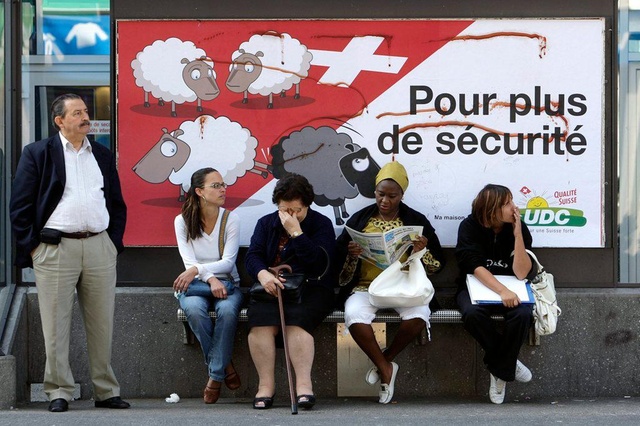 THE INTERSECTION OF CONTEMPORARY XENOPHOBIA AND RACISM IN WESTERN EUROPE: THE CASE OF SWITZERLAND
THE INTERSECTION OF CONTEMPORARY XENOPHOBIA AND RACISM IN WESTERN EUROPE: THE CASE OF SWITZERLAND
Teoman Ertuğrul TULUN 24.03.2020 -
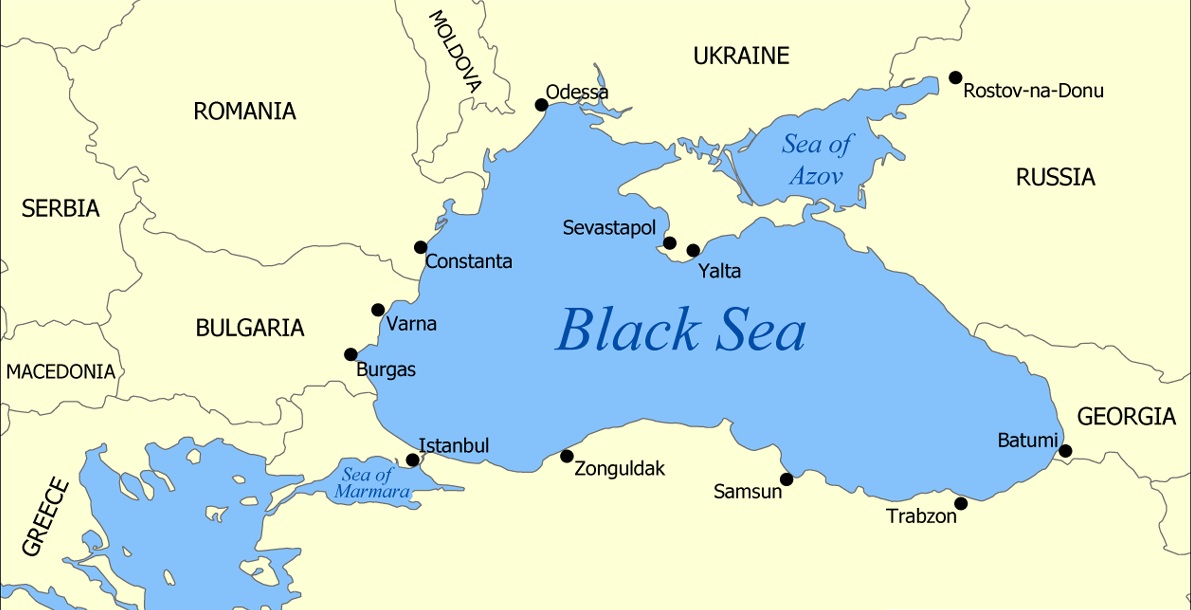 BLACK SEA NEEDS CONFIDENCE AND SECURITY BUILDING MEASURES MORE THAN EVER
BLACK SEA NEEDS CONFIDENCE AND SECURITY BUILDING MEASURES MORE THAN EVER
Teoman Ertuğrul TULUN 30.10.2018 -
 DISGUISED INITIATIVES ON NAGORNO-KARABAKH IN EUROPEAN PARLIAMENT
DISGUISED INITIATIVES ON NAGORNO-KARABAKH IN EUROPEAN PARLIAMENT
Teoman Ertuğrul TULUN 20.02.2018 -
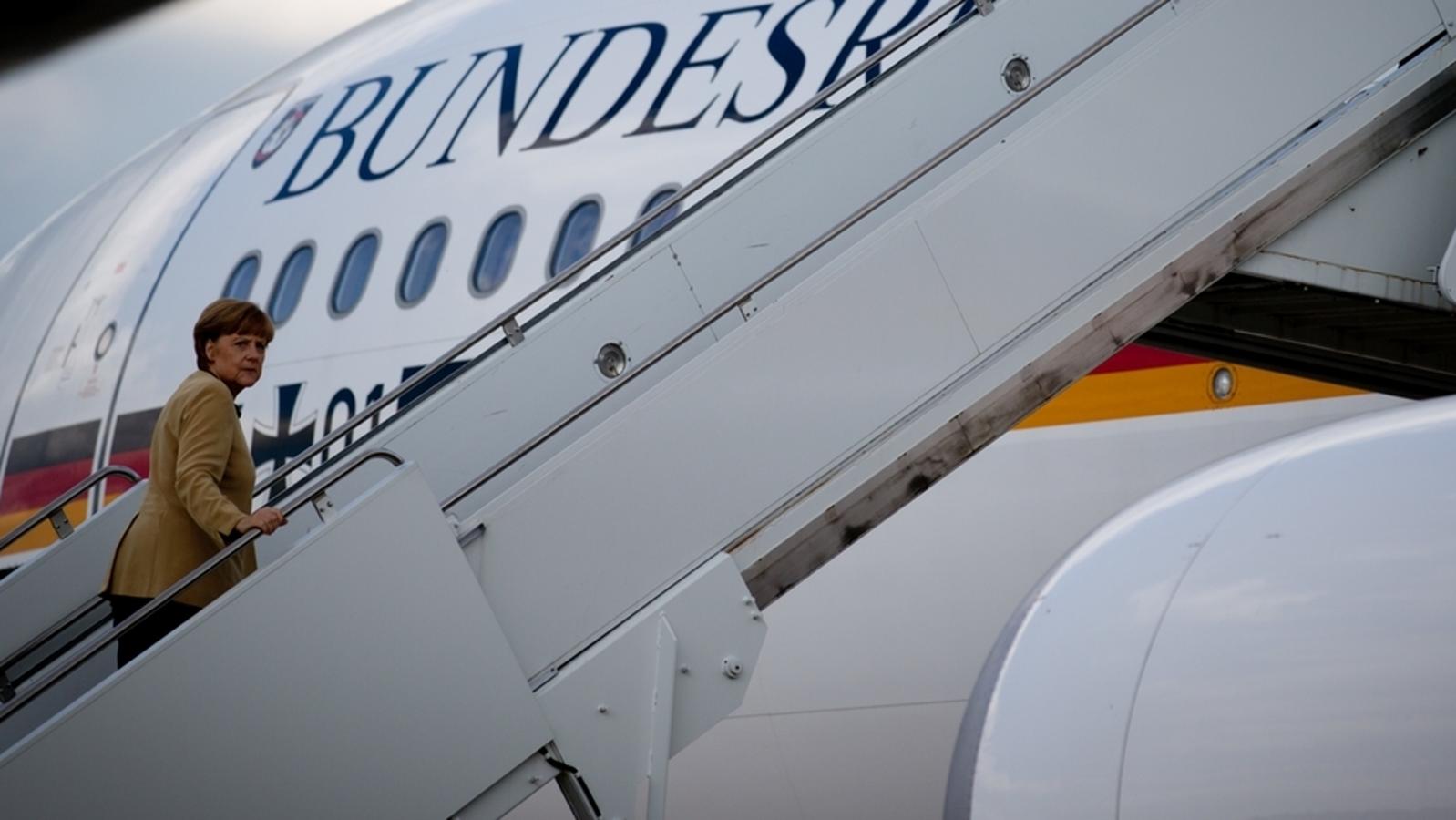 MERKEL’S VISIT TO SOUTH CAUCASUS: ARTICULATION OF GERMAN NATIONAL INTERESTS IN THE REGION AND LIKELY PREDICAMENTS
MERKEL’S VISIT TO SOUTH CAUCASUS: ARTICULATION OF GERMAN NATIONAL INTERESTS IN THE REGION AND LIKELY PREDICAMENTS
Teoman Ertuğrul TULUN 05.09.2018 -
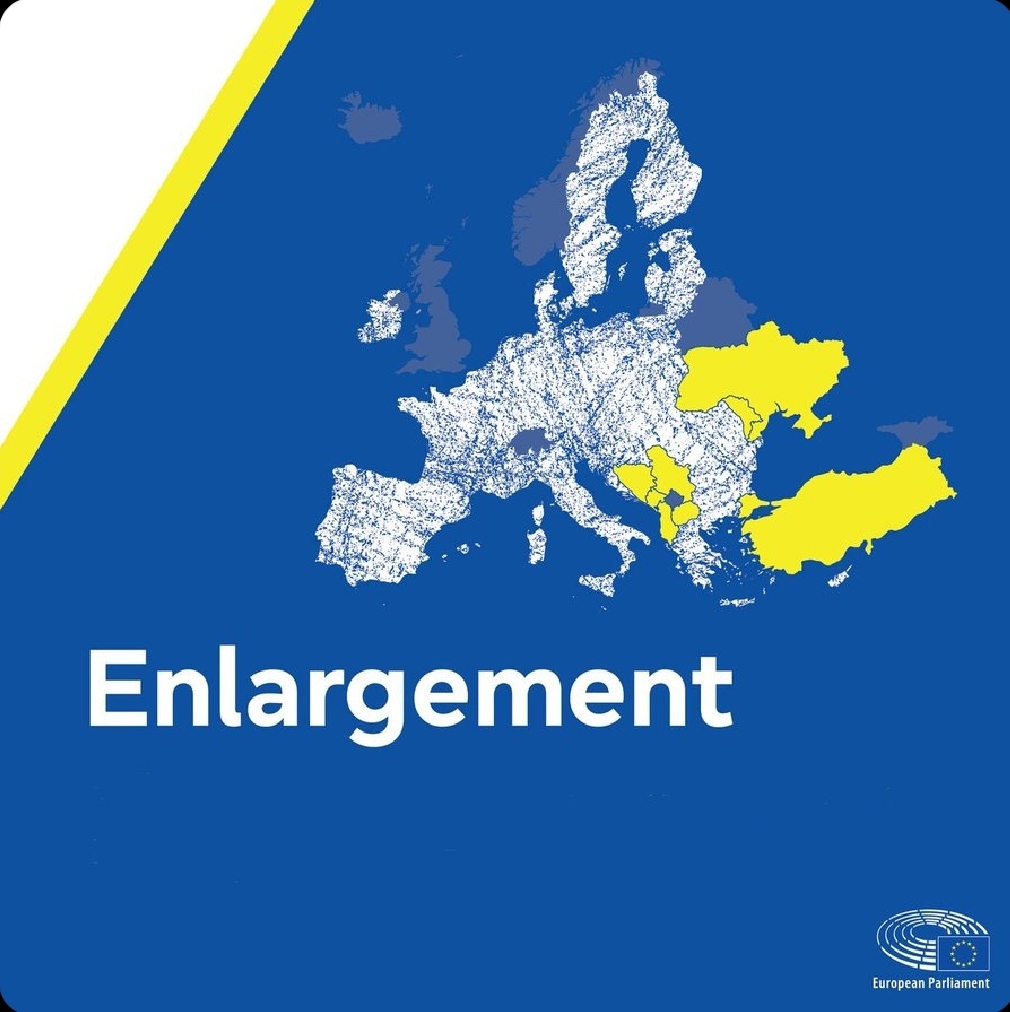 THE EU'S ENLARGEMENT PARADOX: POLITICS OVER PRINCIPLES?
THE EU'S ENLARGEMENT PARADOX: POLITICS OVER PRINCIPLES?
Teoman Ertuğrul TULUN 25.01.2024
-
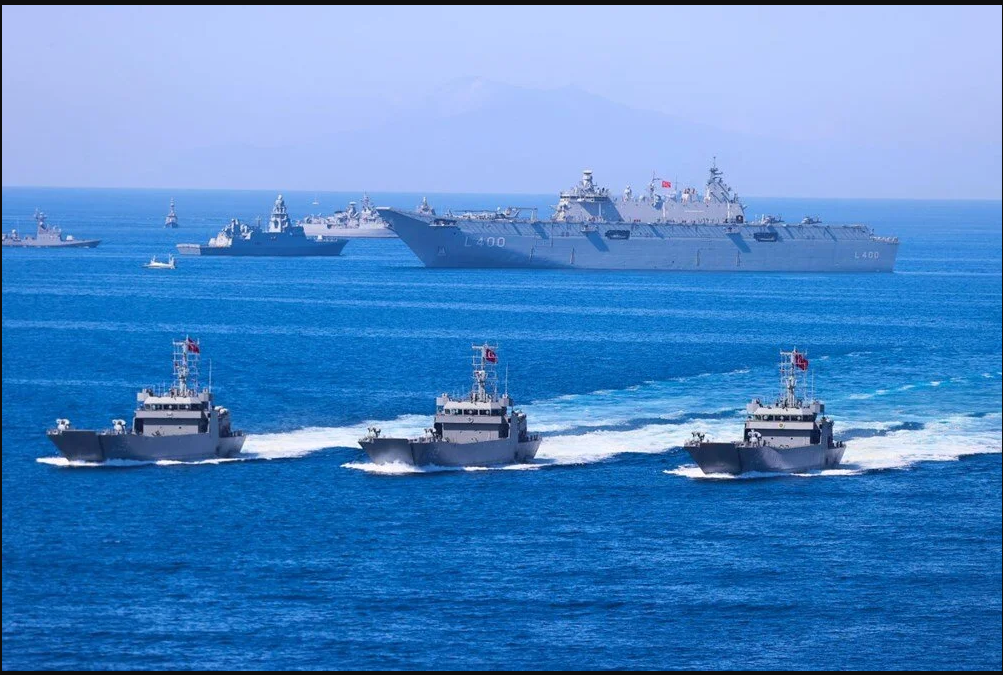 NAVAL STRENGTH IN THE AEGEAN: STRATEGIC LESSONS FROM THE BALKAN WARS
NAVAL STRENGTH IN THE AEGEAN: STRATEGIC LESSONS FROM THE BALKAN WARS
Teoman Ertuğrul TULUN 12.06.2024 -
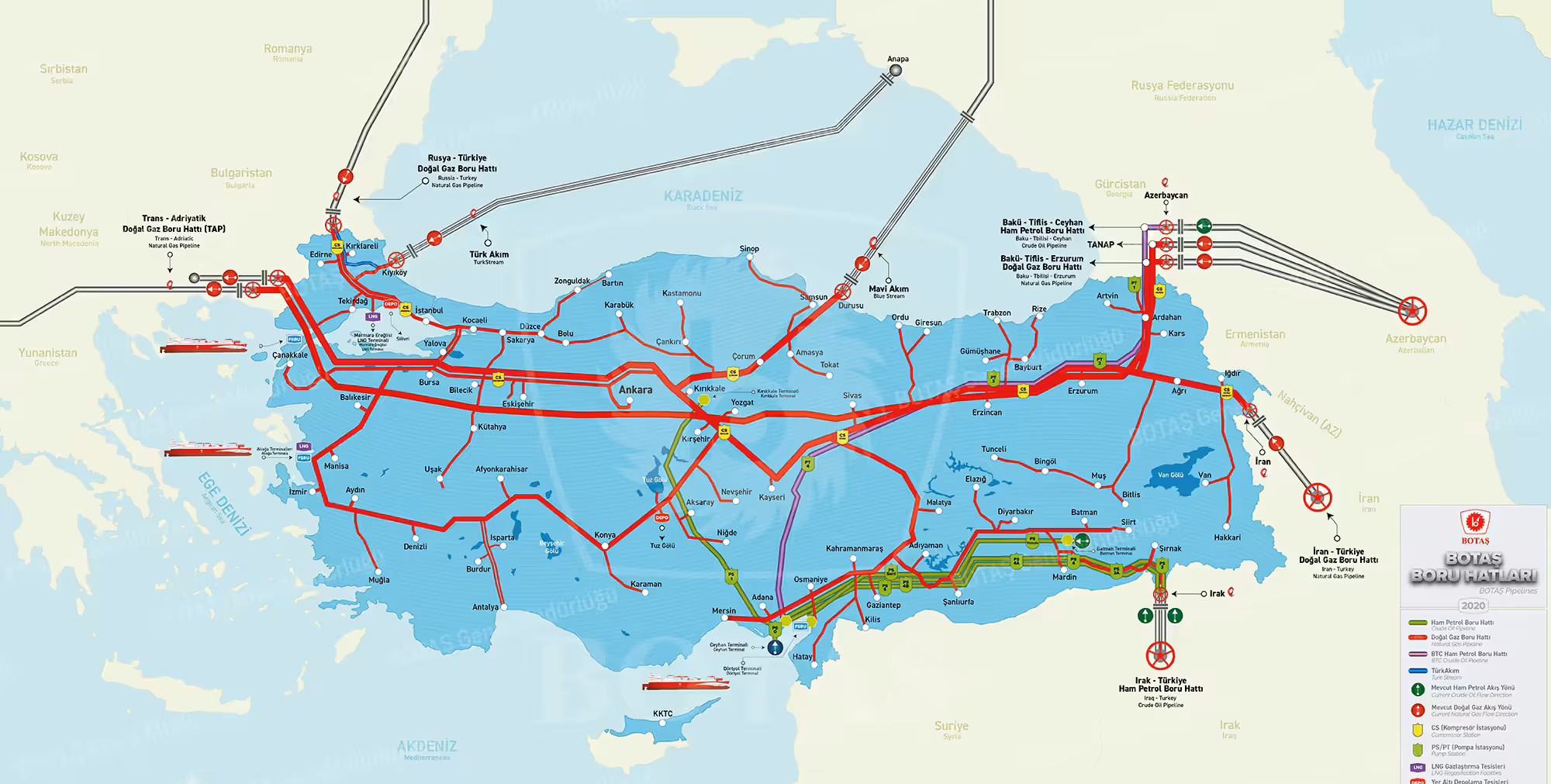 DEVELOPMENTS IN LINE WITH TÜRKİYE’S GOAL OF BECOMING A REGIONAL ENERGY HUB
DEVELOPMENTS IN LINE WITH TÜRKİYE’S GOAL OF BECOMING A REGIONAL ENERGY HUB
Bekir Caner ŞAFAK 24.02.2025 -
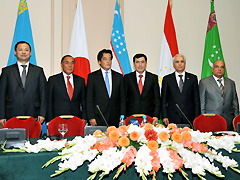 JAPAN’S POLICIES TOWARDS CENTRAL ASIA
JAPAN’S POLICIES TOWARDS CENTRAL ASIA
Özge Nur ÖĞÜTCÜ 31.03.2017 -
D.L. PHILLIPS’S DIPLOMATIC HISTORY OF THE TURKEY-ARMENIA PROTOCOLS 2
Ömer Engin LÜTEM 28.03.2013 -
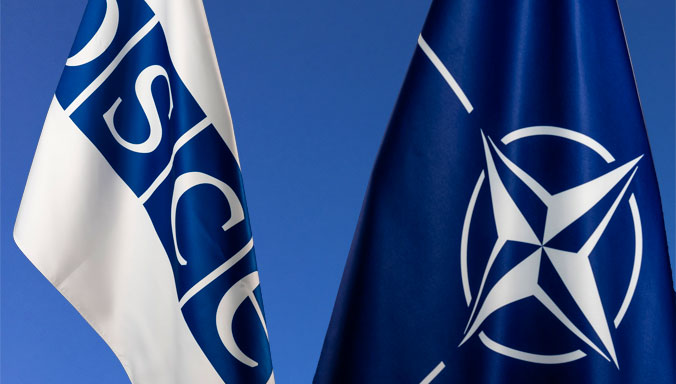 NATO IS NOT BRAIN-DEAD: HOW CAN OSCE AND NATO HELP STOP THE WAR IN UKRAINE?
NATO IS NOT BRAIN-DEAD: HOW CAN OSCE AND NATO HELP STOP THE WAR IN UKRAINE?
Teoman Ertuğrul TULUN 08.03.2022
-
25.01.2016
THE ARMENIAN QUESTION - BASIC KNOWLEDGE AND DOCUMENTATION -
12.06.2024
THE TRUTH WILL OUT -
27.03.2023
RADİKAL ERMENİ UNSURLARCA GERÇEKLEŞTİRİLEN MEZALİMLER VE VANDALİZM -
17.03.2023
PATRIOTISM PERVERTED -
23.02.2023
MEN ARE LIKE THAT -
03.02.2023
BAKÜ-TİFLİS-CEYHAN BORU HATTININ YAŞANAN TARİHİ -
16.12.2022
INTERNATIONAL SCHOLARS ON THE EVENTS OF 1915 -
07.12.2022
FAKE PHOTOS AND THE ARMENIAN PROPAGANDA -
07.12.2022
ERMENİ PROPAGANDASI VE SAHTE RESİMLER -
01.01.2022
A Letter From Japan - Strategically Mum: The Silence of the Armenians -
01.01.2022
Japonya'dan Bir Mektup - Stratejik Suskunluk: Ermenilerin Sessizliği -
03.06.2020
Anastas Mikoyan: Confessions of an Armenian Bolshevik -
08.04.2020
Sovyet Sonrası Ukrayna’da Devlet, Toplum ve Siyaset - Değişen Dinamikler, Dönüşen Kimlikler -
12.06.2018
Ermeni Sorunuyla İlgili İngiliz Belgeleri (1912-1923) - British Documents on Armenian Question (1912-1923) -
02.12.2016
Turkish-Russian Academics: A Historical Study on the Caucasus -
01.07.2016
Gürcistan'daki Müslüman Topluluklar: Azınlık Hakları, Kimlik, Siyaset -
10.03.2016
Armenian Diaspora: Diaspora, State and the Imagination of the Republic of Armenia -
24.01.2016
ERMENİ SORUNU - TEMEL BİLGİ VE BELGELER (2. BASKI)
-
AVİM Conference Hall 24.01.2023
CONFERENCE TITLED “HUNGARY’S PERSPECTIVES ON THE TURKIC WORLD"









